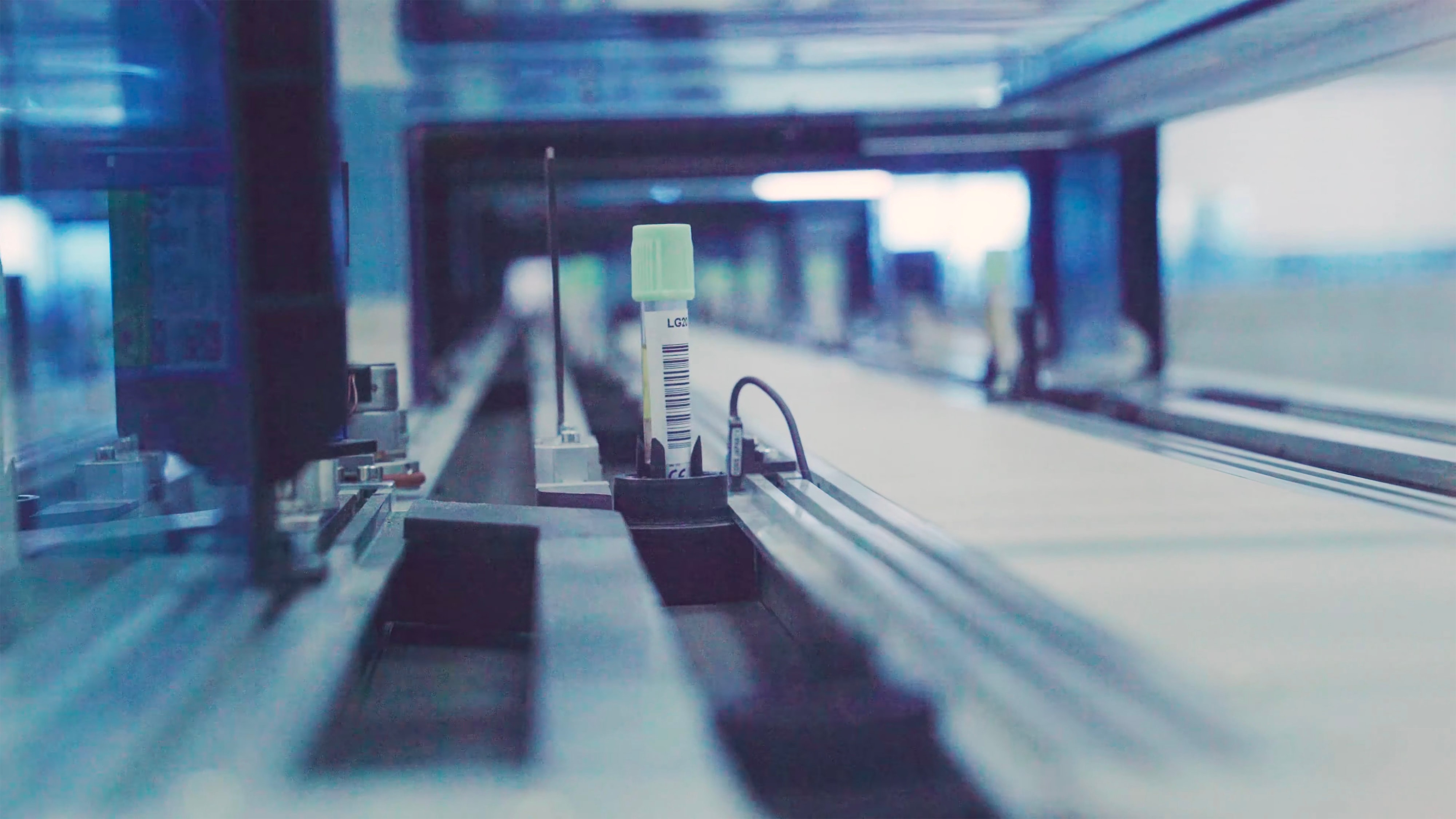How Automation Can Help with Workforce Transformation
In the aftermath of the world’s recent global pandemic, one thing has been made clear: Businesses must be able to adapt if they want to succeed. Oftentimes, this means reimagining how, when, and even where the people within an organization work. For many companies, automation will be critical to their success in this endeavor, allowing them the flexibility to meet current market demands no matter the size or strength of the workforce on hand. Take a look at how automation can help workforces improve their skills and streamline their processes to meet the demands of an ever-changing market:
What is Workforce Automation?
Workplace automation refers to the replacement of manual, repetitive tasks with mechanized processes and systems. It incorporates everything from basic computer software programs to advanced algorithms, robots, and machines. When strategically implemented, automation accelerates a workforce transformation that allows companies to adapt to the world around them effectively.
How Automation Facilitates Workforce Transformation
Automation has been changing the way businesses work since the 1700s when Edmund Cartwright patented a steam-powered loom and used it to replace hand weavers in the textile trade. Since then, technologies have only become more sophisticated. Automation is currently spurring workforce transformations in the 21st century because:
- Automation Improves Employee Productivity
Workplace automation encourages productivity by removing the responsibility of mundane, repetitive — i.e., boring — tasks from employees. No longer burdened by tasks that require little skill, employees are invigorated and able to focus more time on work that is more complex and, thus, more valuable. It’s a win-win for both companies and employees! - Automation Optimizes Business Processes and Encourages Staff Growth
Not only does automation lessen the chance for human error, it further supports workforce transformations by supplying employees with the time they need to review their own work and correct their own mistakes. Not only do companies improve the quality of their products and procedures, but employees have the opportunity to hone their personal knowledge and expertise. - Automation Allows Diverse Work Situations
While automation usually gets blamed for destroying jobs, it actually often creates them. The use of artificial intelligence (AI), robotics and other automation technologies provide companies with faster, more cost-effective means of manufacturing. It also often means employees don’t have to physically be in an office to do their work. The result: more opportunities to be productive! When automation systems are put into place, companies frequently need to hire additional employees to keep up with accelerated operational demands.
Want to Learn More?
Automation can drive workforce transformations in companies that take the time to understand its applications and use it wisely. Just because you can automate a task, it doesn’t always mean you should. Please contact our team at Amitech to learn more about using data, analytics, and automation in ways that make sense for your own company’s unique goals and objectives.





